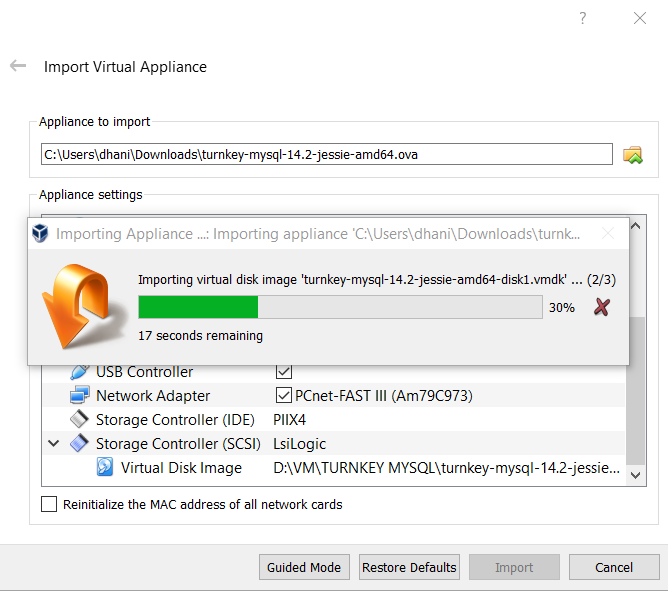
You can find it on the normal downloads page and can be installed easily on the command line: # make sure no VMs are running when you do this or it will fail Luckily, the process is to install the extension pack is fairly simple. Since versions mismatch between the two repositories, you cannot use the Ubuntu one. That means you have to manually download and install it. One thing that's not included in the repositories, unlike it is in the Ubuntu repositories, is the Extension Pack. # install virtualbox change version number as needed # now update to complete the process of adding the repository Sudo add-apt-repository "deb $(lsb_release -cs) contrib" # next, add the repository to your sources

To add it, just follow the instructions: # first make sure to remove your current virtualbox In other words, they build specifically with Ubuntu in mind. They provide a repository which you can add to your software sources. This will provide the latest bug fixes and features without having to wait for the packages to make their way downstream to Ubuntu.Īdditionally, should you ever need support from Oracle themselves, they're more likely to give you the time of day if you're reporting from a version they released. However, the most recent version of VirtualBox is always available for the currently supported versions of Ubuntu, which is not always the case for the Ubuntu version.

At this point, there should no longer be two separate editions and the "OSE" version is deprecated for versions of Ubuntu beyond 12.04. Prior to version 4.0, there were two versions of VirtualBox- one was open source, and the one that most Linux distributions shipped with was not.


 0 kommentar(er)
0 kommentar(er)
